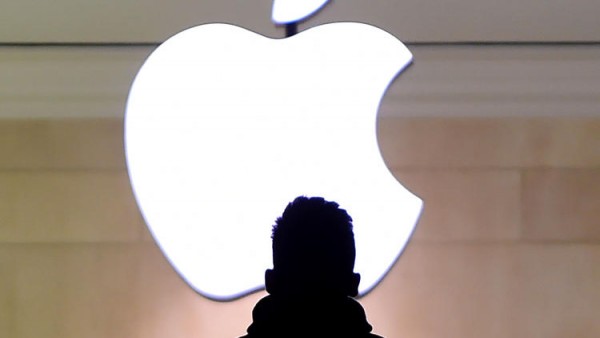
The U.S. government said Monday that it might have a way to unlock the phone of one of the assailants in December’s terror attack in San Bernardino without the help of Apple.
In making the announcement, the government asked for and received a delay in a Tuesday court hearing that was billed as a showdown in the FBI’s effort to force Apple to help unlock the phone.
In a filing Monday afternoon, the FBI said it now needs time to investigate another possible way to unlock Syed Rizwan Farook’s phone.
“On Sunday, March 20, 2016, an outside party demonstrated to the FBI a possible method for unlocking Farook’s iPhone,” the U.S. attorney wrote in court papers. “Testing is required to determine whether it is a viable method that will not compromise data on Farook’s iPhone. If the method is viable, it should eliminate the need for the assistance from Apple Inc. set forth in the All Writs Act Order in this case.”
Prosecutors asked that the hearing in Riverside federal court be put on hold “to provide time for testing the method.”
The case has become a battleground in a broader dispute between elected officials, law enforcement and technology executives over how far companies must go in aiding criminal investigations.
A Justice Department spokeswoman said in a statement that federal authorities had continued to seek an alternative way to access the phone’s contents even during the heated litigation and public back-and-forth with Apple. If the new method works, it would help investigators to continue looking into the Dec. 2 terrorist attack that killed 14 people and wounded 22, said Melanie R. Newman, director of the Justice Department’s office of public affairs.
“We must first test this method to ensure it doesn’t destroy the data on the phone, but we remain cautiously optimistic,” she said.
Although FBI agents have stitched together much about Farook and his wife, Tashfeen Malik, who joined him in the attack, they say the confiscated phone might contain information that would help answer other questions, such as whether the killers had accomplices. Farook and Malik were killed in a shootout with police hours after the attack.
Prosecutors turned to the courts for help after Apple refused FBI requests that its engineers find a way to work around security measures built into the iPhone. Specifically, they wanted the company to write new software that, when uploaded to Farook’s phone, would bypass a security feature that renders the phone useless when more than 10 attempts are made to enter the phone’s four-digit pass code.
With this done, agents planned to use a computer program to churn through the 10,000 possible pass codes until hitting upon the right one.
Jonathan Zdziarski, a leading expert on iPhone security, put the highest odds on federal authorities now giving a shot to copying a portion of the phone’s memory that controls the password-guess counter. By constantly restoring the original copy of that data after every nine guesses, the agency potentially could avoid triggering the feature that makes the phone’s contents inaccessible after 10 failed tries.
At the crux of the legal fight has been the All Writs Act, a sweeping, centuries-old law intended to provide judges the authority to issue orders when other avenues are unavailable.
Prosecutors have insisted the act provides a solid legal foundation for the judge to compel Apple to write new software to allow FBI agents to circumvent security features built into the iPhone Farook had used.
In its latest filing, Apple repeated its assertion that applying the act in this case would be wrong because it does not permit judges to make rulings that go beyond the limits of existing law.
Congress, Apple wrote, has considered passing legislation that would force companies to develop software at the government’s behest, but rejected the idea.
LA Times

Leave a Reply
You must be logged in to post a comment.